ciferecaNinjo
- 45 Posts
- 199 Comments

 4·1 month ago
4·1 month agoI’m seeing the most mold on the plastic frame of the window. Seems strange that the mold finds food in plastic.

 41·1 month ago
41·1 month agoWhen I’ve got clothes layered on, what could use improvement is cold hands. I’m not going to type with gloves on but your suggestion could be a fix if I could mount a heat lamp above my keyboard but in a way that does not obstruct the screen.
(update) It has been done:
https://www.pcgamer.com/the-envavo-heatbuff-is-an-infra-red-lamp-to-keep-your-fingers-warm-as-you-play/

 01·1 month ago
01·1 month agoI have a dehumidifier but it consumes energy, which I think is ultimately going to come from Russia. Belgium is shutting down its nuclear power plants (2, iirc) and replacing them with 3 natural gas burning plants. Not sure about schedule… maybe it already happened.
I didn’t know leaks exacerbated the condensation. I don’t think I have any noticeably big gaps but probably all the seams leak a bit. Maybe I should try to seal off entire windows with plastic film.

 51·1 month ago
51·1 month agoI have the problem on the inside of exterior walls around the windows, which are usually covered in water. The proprietary anti-fungal sprays work quite well for the cleanup, which I don’t do too often. I’ll just tolerate it until spring.

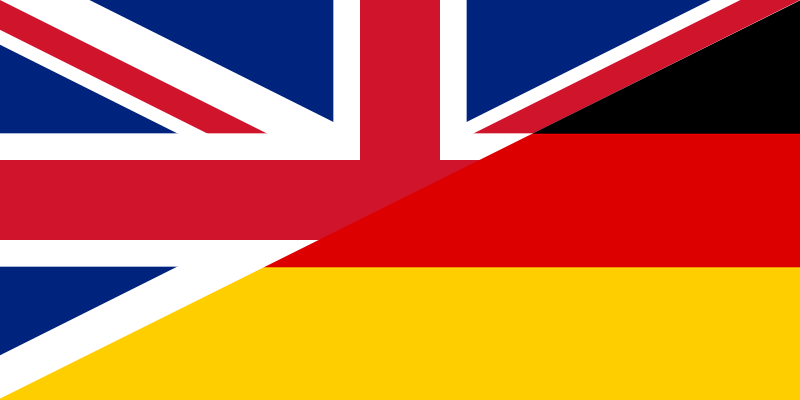 13·1 month ago
13·1 month ago(deleted – I wrote from the notifications timeline without context)

 23·1 month ago
23·1 month agoNo, it must land on an account electronically, as directed using an IBAN. Post offices double as banks in Europe, so I brought up the post office because their banking service tends to cover this need.
(edit) but regarding your comment that no courier guarantees cash, I thought FedEx did and that people used FedEx for cash for that reason. But then there was a recent scandal in the US where a big FedEx hub allowed cops with sniffer dogs trained specifically to sniff for cash, and the police were simply confiscating banknotes without cause (arbitrarily without a crime). I have to wonder how the insurance claims play out in that case.

 13·1 month ago
13·1 month agoDo all accounts support cash deposits?
In Belgium, banks can refuse you an account for any reason unless you open a “basic” account which they cannot refuse. But cash deposits are banned from basic accounts (which is possibly a Belgian-specific constraint). What about basic accounts in Germany?

 14·1 month ago
14·1 month agoNo, it’s nannying. When the hunt for criminals interferes with law-abiding people, it’s oppression.
Forced banking and anti-cash policy is definately something that varies from one country to the next. There is an “EU recommendation” that all debts be payable in cash. Belgium is not following the recommendation and it causes problems. Germany has a reputation for respecting people’s privacy, autonomy, and ability to use cash. Hence why I thought Germany might have a decent option.
You can make an account in Germany without being a resident, better try this
I do not want an account. I could fill a book with reasons.
Normally post office’s demand ID. I am fine with that as long as my ID is accepted (which I’m not sure if it would be if it’s not German, although in principle any EU resident should have equal access to any EU service).
 2·1 month ago
2·1 month agoCan you elaborate on the limitations? In Belgium it seems more like a shitty deployment, but I don’t see what blocks a community FOSS option. Is it just that no one has been inspired to make an open source tool, or are the carrier’s APIs proprietary, secret, or restricted?

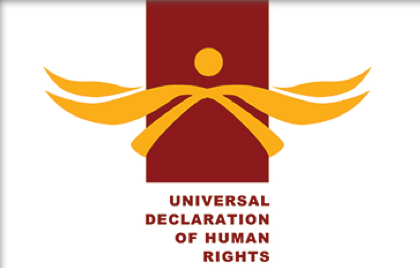 1·2 months ago
1·2 months agoyou need to learn to read.
Try reading your own source. Look for “usually” in your cited definition. If you replace “usually” with “always” it would get you closer to the definition you’re attempting to apply in your claims. At least it’s more clear why you originally thought expression rights would matter.
I never said a boycott required an organization
Yet you just indicated you are standing behind Webster’s definition, which (incorrectly) claims that a boycott is necessarily “concerted”. An “organised” boycott is “concerted”. Working in concert.
A dictionary’s 2-liner gives a very rudimentary understanding of the practice. It’s good for someone starting from zero, but you should really read the history and learn a bit about the concept instead of trying to think like a robot. Lookup Charles C. Boycott to learn the origins. A dictionary is really a shitty source for gaining in-depth insight. Anyone can find a dictionary that supports different meanings. Then what? A battle of dictionaries… Webster vs. Random House? A prof would be embarrassed to refer to a dictionary. The problem with Webster is that it attempts to capture the general concept in 2 lines of text but in an effort to capture the typical practice it yields something inaccurately narrow. They made a trade-off. Webster was right to say it /usually/ manifests as an expression, but a boycott does not cease to be a boycott in the absence of a concerted effort of multiple actors. Indeed that is also usually the case but not always. And you’re hoping a 2 line blurb will cover all situations. It’s a non-starter because those of us who live by the boycott as a lifestyle could not possibly convey expression across the board. If I were to introduce expression to my lifestyle of boycotting ~1000+ brands for every one of them, it would be unsurmountable. I would have to cut back on the quantity of boycotts by 2 orders of magnitude.

 1·2 months ago
1·2 months agoA boycott is by definition choosing not to partake in a transaction
so as to show your dissatisfaction financially, any action that doesn’t fit the definition of a boycott is not one.There is no “showing your dissatisfaction” nonsense here. A boycott can absolutely be silent. You’re under the common misconception that boycotts are necessarily organised by many people with a list of demands. A single person can – on their own initiative – decide to boycott a company as just one person. I did not buy the Unilever bar of soap because I boycott Unilever. Yet Unilever does not get the slightest expression or signal from me to “show” dissatisfaction. I may be the only person boycotting them. Wholly undetectable. I might make some noise about it, optionally, but my boycott does not cease to be a boycott for not showing dissatisfaction.
Intent is nothing from a utilitarian standpoint. Someone or a small group might think or hope their boycott inherently signals dissatisfaction. Yet it likely fails in that regard despite having the intent that your definition introduces.
A boycott is consumers refusing to feed a bad actor. They may or may not show contempt. I boycott hundreds of corporations and I never send them my list of demands. That’s optional. Different people partake in boycotts different ways. Vegans often do not voice contempt for their adversary. But it’s a boycott against animal abusers nonetheless. The only way the meat industry could satisfy the demands of the vocal vegans would be to wholly cease their activity… their existence.
I boycott Micorosoft and Amazon for hundreds of reasons. There is absolutely no hope of those companies changing enough to redeem themselves enough for me to back off my boycott. They cannot be salvaged. I am boycotting them until I die.
You cannot force somebody to partake in a transaction,
How could you possibly not have seen all the examples I gave of people being forced to partake in a transaction? Some are hypothetical but doesn’t matter. I count 8. In every single one of those cases the consumer could (if they wanted) ensure that their dissatisfaction is registered which would then adapt the example for your definition of boycott.
If we assume you are not swayed about the meaning of the word, so what? My questions in the OP are formed using my own interpretation of the word boycott. If necessary, you could mentally find and replace “boycott” with “foo”. My questions still stand.

 1·2 months ago
1·2 months agoI can’t quite grasp much of what you’re saying but I can respond to this:
Realistically, you can’t ban boycotts because you can’t make people buy things
Boycotting is no longer limited to purchases because data has value. So boycotting also means to refuse to share your profitable data with the entity who you boycott. Whether the boycott is exercised by refusing to purchase or refusing to share data, there are various situations where people’s boycotts can be suppressed:
- An arabic teacher in Texas was forced to sign an agreement to not boycott Israel. She refused to sign and so the school district refused to renew her teaching contract. (that actually happened)
- An obligatory government procedure requires either sending an email to the gov office or supplying an email address to them to receive email from them. The gov office uses Microsoft (a notorious surveillance advertiser who abuses data every opportunity). There are hundreds of reasons to boycott Microsoft. Complying with the gov obligation requires you to participate in Microsoft gaining profitable data from your transaction. OTOH refusing to comply on the basis of boycotting Microsoft leads to whatever action the gov takes for non-compliance with their procedure.
- A creditor only accepts Paypal payments toward a debt. If the debtor is not legally entitled to pay by other means in the country at hand (or the contract supersedes), the creditor would sue a debtor who boycotts Paypal for non-payment. This could happen if both agree to use Paypal, but then the debtor later gets booted by Paypal (yes, paypal has a reputation for booting customers and even keeping their money). The customer would be reasonable to boycott Paypal in such event, but the boycott would be impeded by their obligation to pay the creditor.
- (the OP example) a vegan is incarcerated in a prison that has no vegan food. It’s perhaps a messy example, but a vegan could refuse the animal products. When they reach a bad condition, some human rights issues would eventually be triggered since they have a right to live. Force feeding aside, ideally they should have a legal basis to demand vegan food simply from the start. It’s probably not a realistic example in most of the developed world but nonetheless indicates how a boycott can be impeded.
- Someone who boycotts Google might be forced to use an app exclusive for Google customers. That force can arise out of various circumstances including government mandates as govs increasingly assume everyone has a smartphone. It’s very common for apps to be exclusively obtainable from Google or Apple’s websites, and increasingly common that apps are unavoidable. Google profits from the Playstore, as does Apple from their store. There is a community for capturing some of these situations. See the healthcare thread in particular.
- Someone who boycotts non-free software might be forced to use a government website that’s actually a JavaScript app, non-free software.
- A consumer who boycotts Google might be forced to solve a Google reCAPTCHA (from which Google profits) in the course of fulfilling an obligation to use a shitty website. E.g. the water company might require you to supply your meter reading on their website. You might agree after seeing no problem with the website. Then a couple years later the water company decides to make solving a Google reCAPTCHA a precondition to entering the meter reading. Since the agreement does not say they will /not/ do this, you are contractually obligated to solve Google’s CAPTCHA and help Google profit from your labor (because telling Google where the crosswalks are adds value to their profitable maps).
- A consumer sensible enough to boycott Twitter will be unable to microblog to most (if not all) of their gov reps, which of course has some interplay with free expression rights. If the gov rep were on a gov-administered Mastodon host, boycotts would be respected. Constituents could boycott the shitty corps without sacrificing the option to microblog to their rep.
I could go on but I think this sufficiently shows that there are plenty of situations where people are increasingly disempowered to boycott. Pointing to the free expression article of the UDHR would be useless in these scenarios.

 2·2 months ago
2·2 months agoI am not asking for legal advice¹. I am asking how the human rights text I have quoted can reasonably be interpretted – and in fact what is the common interpretation.
Lawyers have specific disciplines. At this point with so little critical thinking (and thinking in general in this thread) it’s unclear if a human rights lawyer is even appropriate for my situation. Whether I can even obtain a lawyer is an entirely different mess – totally irrelevant to the thread. But due to those irrelevant circumstances I believe I will be forced to defend myself (btw, it is a human right that someone can defend themself pro se… fyi). In which case it is extra important for me to know my rights.
This hostility in here to people knowing their rights is something else. It’s far from the liberal community I was expecting to find here. Where are the people who actually endorse human rights, endorse the knowledge of those rights, and the exercise thereof? Where are the thinkers? The profs, and academics?
Folks – please read the sidebar – all of it:
!humanrights is a safe place to discuss the topic of human rights, through the lens of the United Nations Universal Declaration of Human Rights. …
- Treat everyone with dignity. …
¹ I only brought up the legal case because to fend off the anti-intellectual speech-chilling asshat who managed to break every rule in the sidebar at once. The legal case is irrelevant to the thread’s thesis of knowing our rights – and was intentionally withheld from the OP.

 22·2 months ago
22·2 months agoI am being dragged into court over a boycott. Opposition to my boycott is being shoved down my throat, so your uncivil reponse not only fails to answer the questions and neglects to give insight into human rights law and interpretation, it’s not helpful in terms of how human rights law can be applied to defend boycotts. It’s worse than unhelpful because threadcrap is just garbage that assaults the discussion and blocks people from knowing their rights.
BTW, many US states have a prohibition on boycotting Israel, and Texas enforces it. So the idea that everyone happily gets to practice boycotts free from oppression is delusional. I already knew that some prisons offer vegan options, but that mere fact does not reveal the legal basis for that option.

 12·2 months ago
12·2 months agoThat sounds bizarre because boycotting produces no expression whatsoever. Boycotting is simply the absence of an action which leaves no trace of expression, written, verbal, or as art. Can you elaborate?
 2·3 months ago
2·3 months agoLove that you are keeping tabs on the gradual decline of tech. Could be useful to build an enshitification timeline. We really need an observatory of garbage tech which then needs to be cross referenced with search results. Imagine if your bank came up in a search with a blurb next to it (sensible and functional in 2013, shitshow thereafter).
 1·3 months ago
1·3 months agoI’m uncertain. The EU’s words 3 weeks ago were:
“Now, with the #WiFi4EU app, enjoy free, high-speed WiFi in public spaces across Europe.”
That seems to imply that it is. A few replies seem to suggest opposition to a smartphone app requirement:
https://freesoftwareextremist.com/objects/0f42d401-7c57-4f78-a73c-c42278ffb0ed https://piaille.fr/@aaribaud/113260758404320106 https://sns.neonka.info/@nk/113261087148349618 https://westergaard.social/objects/8d4873c1-e674-4403-9f0a-b0adb5dd4246
But this post comes from someone who apparently believes the app is purely for finding the hotspots, not using them:
https://wetdry.world/@cyrus/113264605839060934
If you find something solid let me know. I’ll correct the post if needed. The branch started by @aaribaud seems to have the most insight, implying that the EU is distrusting WPA and using an app to do TLS.
(update) I think you are right. I just heard from someone saying it’s a regular hotspot with captive portal. Still not good but not as bad as an app mandate (like we see with eduroam).

 1·3 months ago
1·3 months agoBut you don’t have a human right to have it converted into cash at your leisure (and the bank’s effort) whenever you please.
When a consumer opts to close their account, the banking relationship can only be ended when the balance is zero (when neither party owes the other). You seem to be saying the UDHR does not entitle people to end the banking relationship at a time of their choosing, correct? In which case the banking relationship continues until the service fees eat away at the remaining balance, against the will of the customer. This is just another way to separate someone from their property.
Your argument is like buying gold for $20 and then complaining about human rights violations if the seller doesn’t buy it back for $20 whenever you wish.
Banking customers who open an account in the national currency have a reasonable expectation that the value of their account remain pinned to the value of the national currency. Exchanging that for a precious metal and having an expectation that value not decline would be absurd and I do not see how this analogy makes any sense.
 2·3 months ago
2·3 months agoI’m with you there.
But to be clear, the website banking web access is also an app. I don’t think any banking websites function with static HTML anymore – always JavaScript required. So forced execution of non-free software had already taken hold in banking. But now it’s much worse because phone apps are more exclusive, more intrusive, and more imposing.






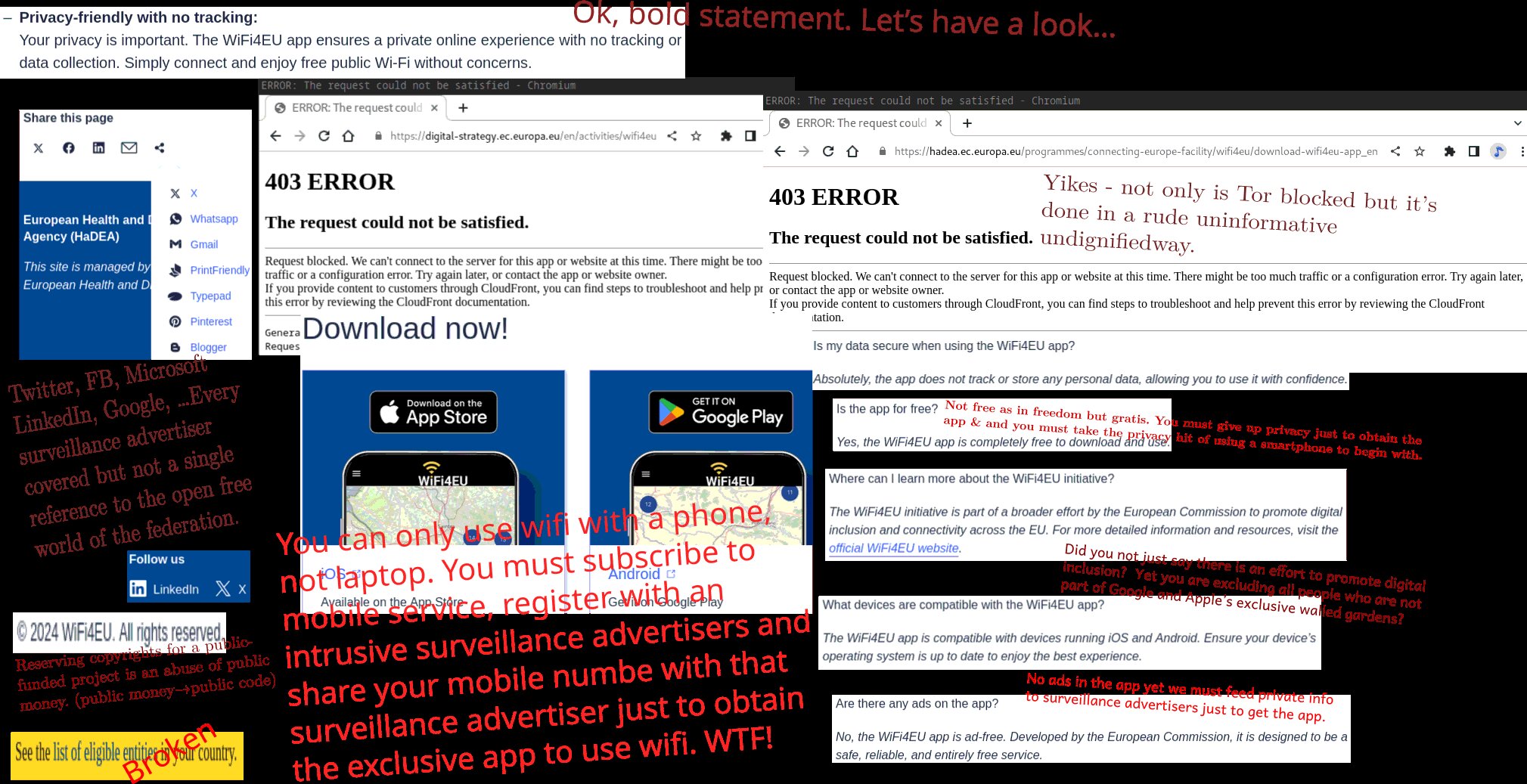

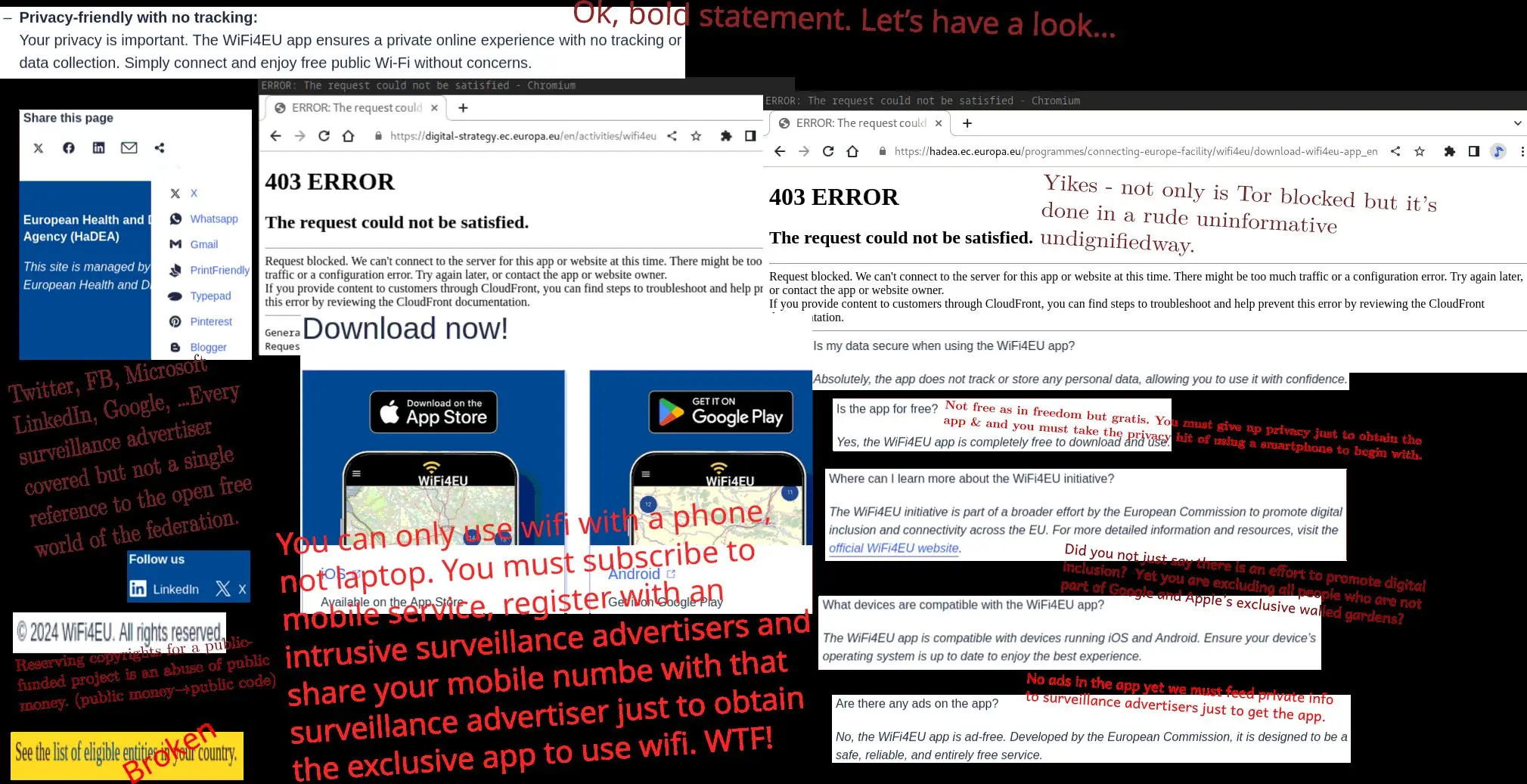
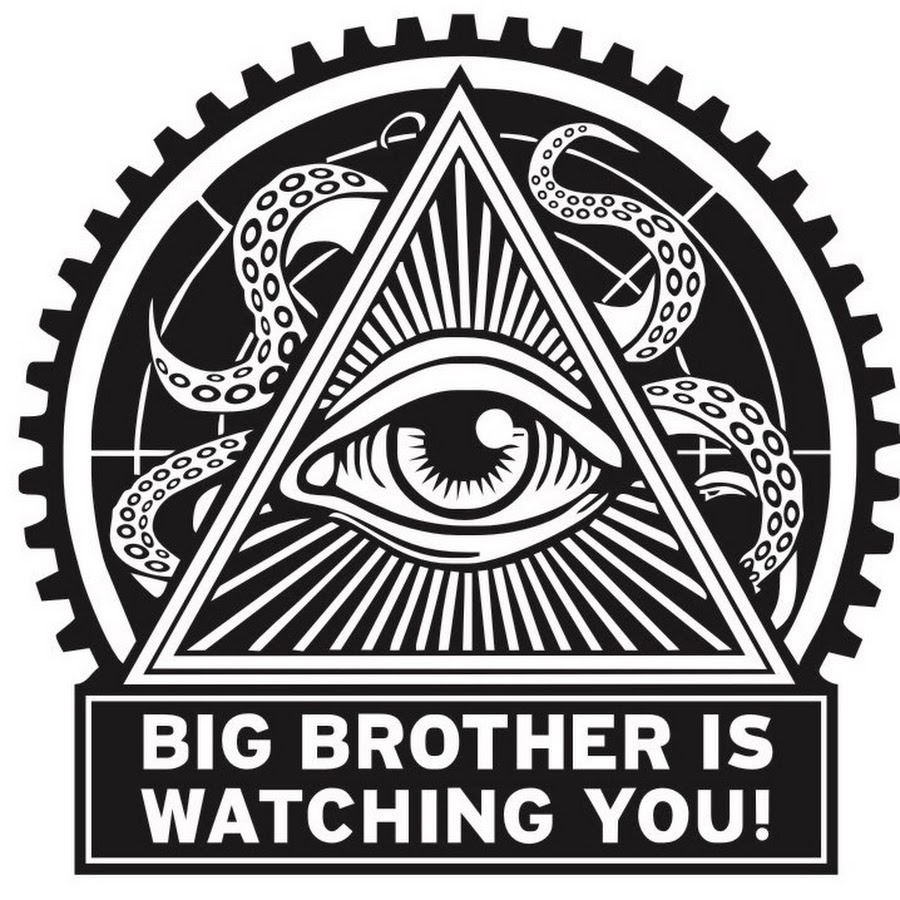
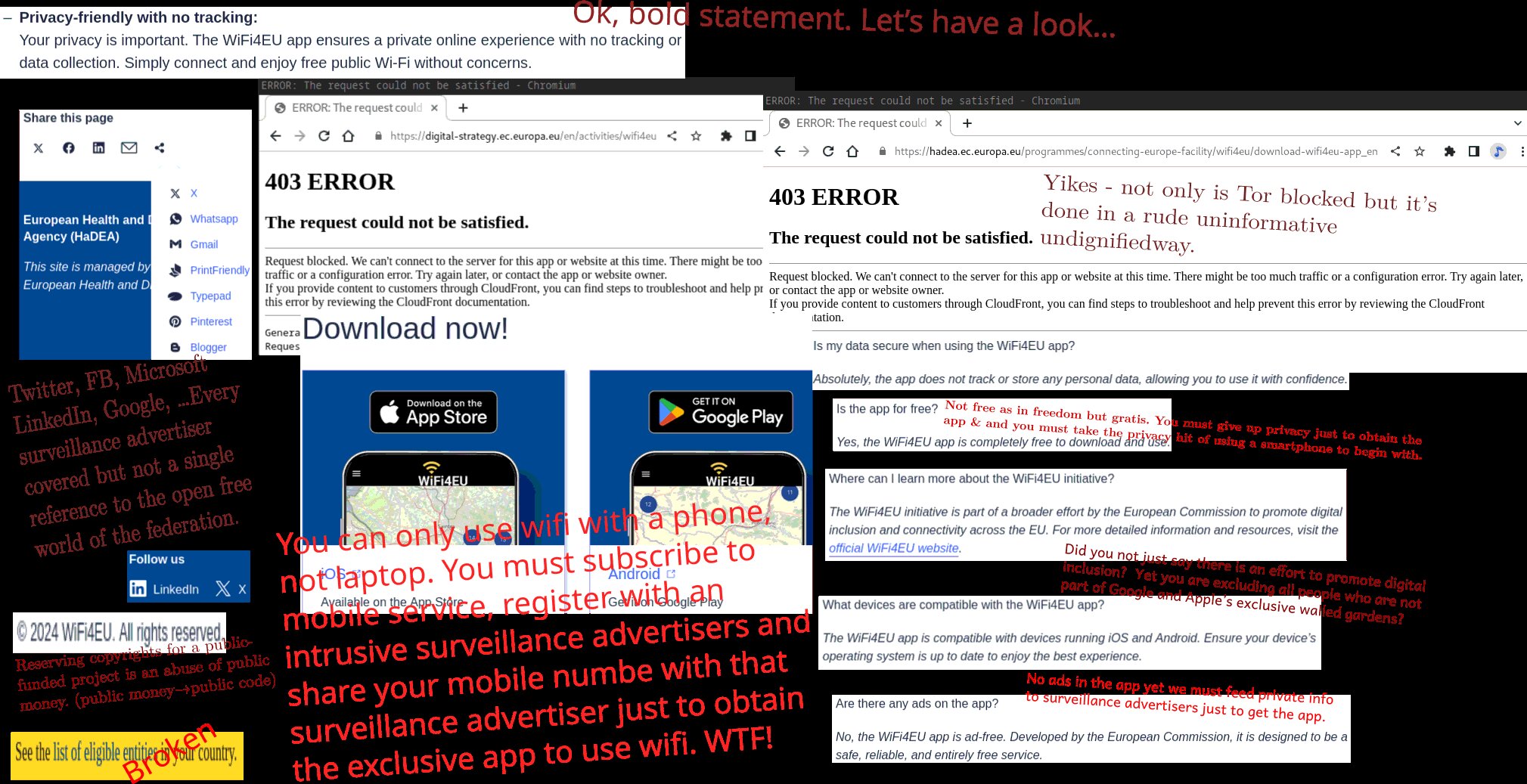
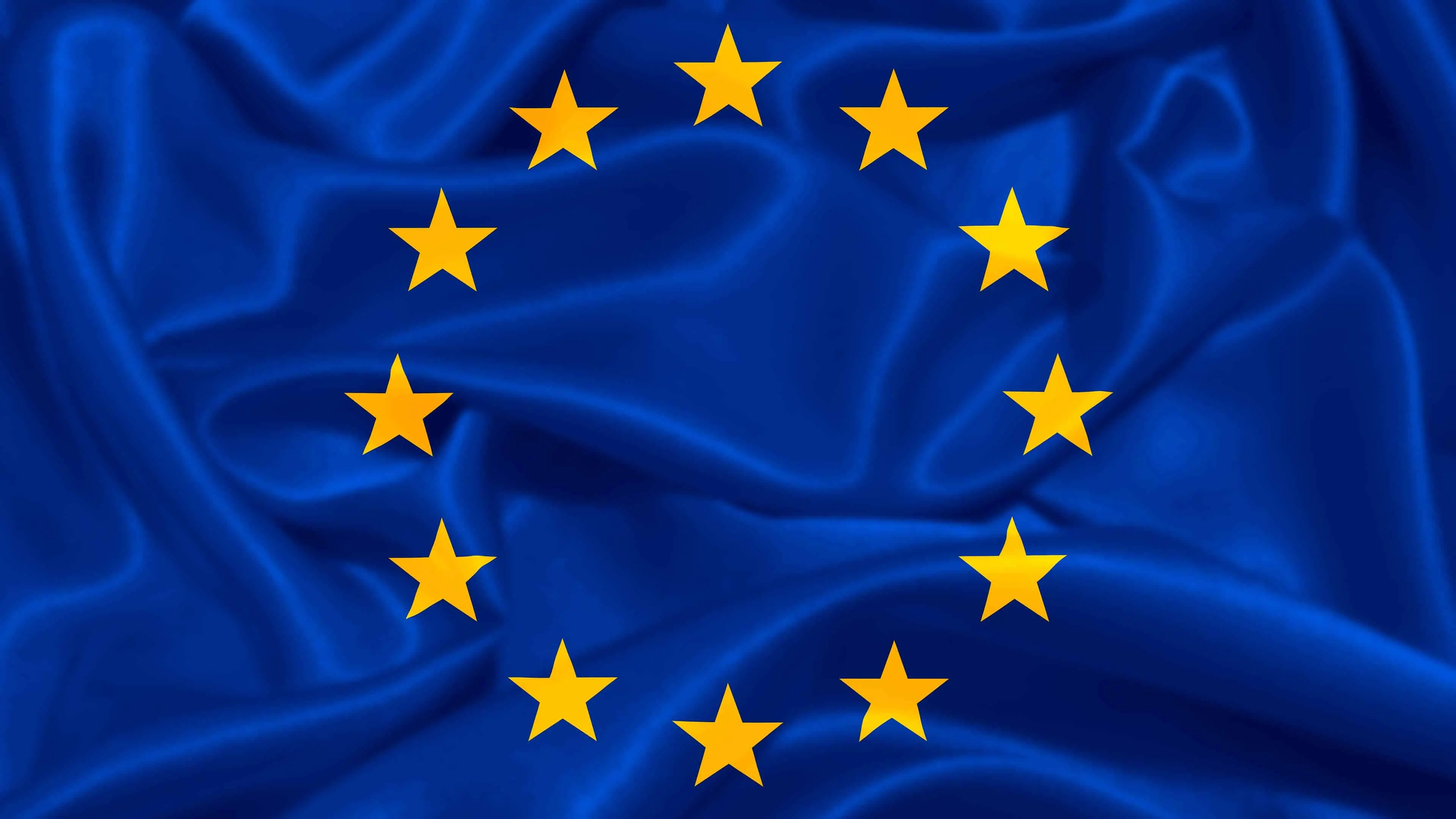

Maybe. But I hesitate because Brussels does not get much sunlight so I would need many panels. At the same time hail storms are common, which would likely reduce the lifetime of PVs.